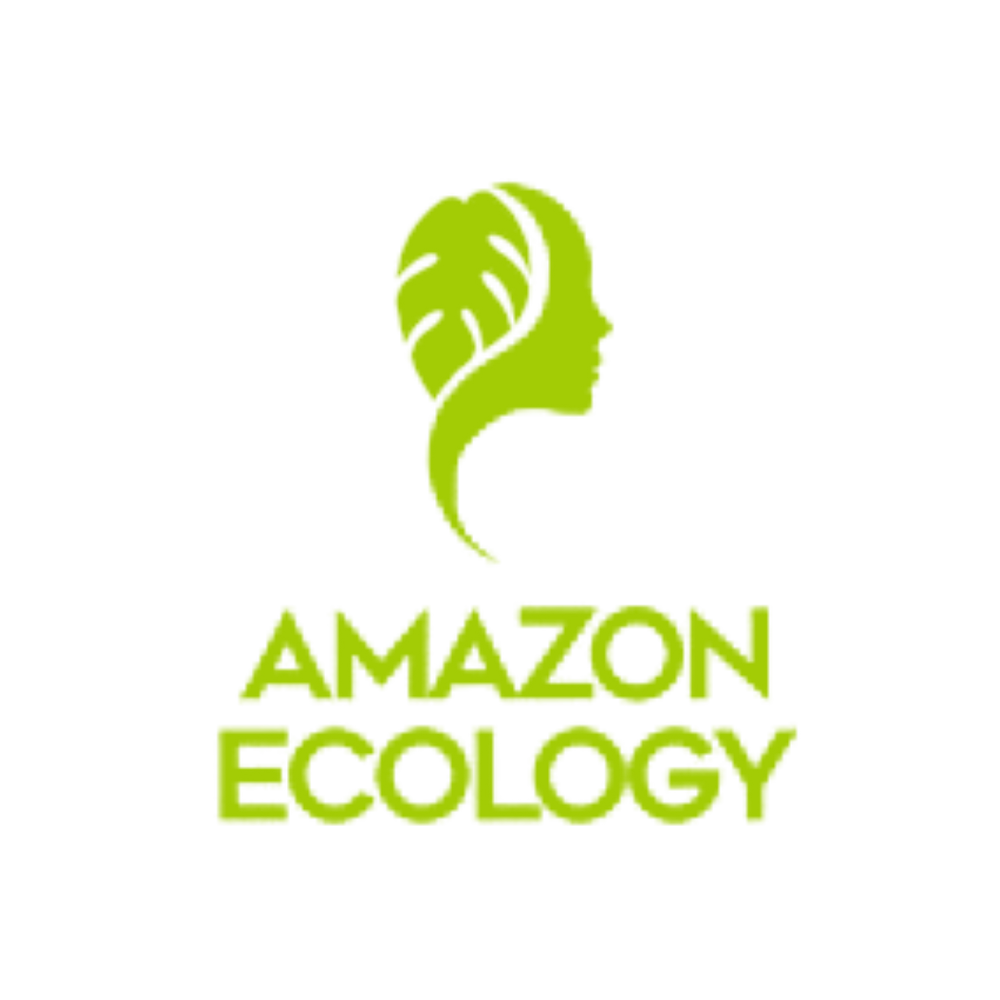by Campbell Plowden
Every summer, I take a break from supporting CACE work in Peru from afar to join our project team in the Amazon. I’ve gotten used to spending a full day in a boat to reach a remote village, visiting nasty outhouses, and tolerating bites from chiggers, mosquitoes, and the occasional piraña. What I love is getting to know families in our partner native communities along the Ampiyacu River.

Bora native artisan Segundina Silva with hat band model HB15A. Photo by Campbell Plowden/Center for Amazon Community Ecology
Their days may include harvesting yucca roots from a field, canoeing to a lake to fish, or climbing trees to gather pijuayo palm fruits to eat. They have to be creative and work extra hard to buy other necessities or send their children to a better school because traditional jobs don’t exist there and markets can be far. I’m thrilled that our project is helping over a hundred artisans to make and sell new handicrafts, and our plans to produce new essential oils are making good progress. See a summary of recent activities below. Our small group’s trials, errors, positive results and persistence have earned our partners’ trust that we have a long-term investment in their success.
Please consider sharing this commitment with us by becoming a Recurring Donor. A generous GlobalGiving supporter will provide a 100% match for the first gift made any new Recurring Donor given by this Friday, August 30. Visit our project page on GlobalGiving” project page and click on Monthly Recurring under the Donate button. We also invite our supporters to become a Fundraiser for our project on GlobalGiving. Create your own page on the site and use your creativity and personal network to help us raise an additional $3000 to buy and send a commercial-scale essential oil distiller to our project in Peru. GlobalGiving is offering prizes for successful Fundraisers in September. To get started, click the green Fundraiser button on our project page.
Here are a few highlights of our project activities this summer. See some photos of these below.
1. One field team measured the condition of 900 rosewood tree seedlings planted in February and continued monitoring the growth of resin lumps on copal trees around Brillo Nuevo and Jenaro Herrera. We hope to start distilling rosewood leaves and copal resin into marketable essential oils in two to three years with a higher capacity still.
2. We worked with artisans in four villages to develop new woven handicrafts including hair barrettes, hat bands, water bottle carriers, cell phone carriers and animal figure holiday tree ornaments.
3. We continued our survey of chambira palms in artisan fields, supported a cooperative artisan effort to plant more chambira in one woman’s fallow field and continued promoting the use of pruning saws for low-impact harvest of chambira stems used for weaving crafts.

Brillo Nuevo artisan planting guisador dye plant. Photo by Campbell Plowden/Center for Amazon Community Ecology
4. We assisted women artisans to create a joint garden for dye plants in an upland area safe from flooding and continued documenting the use of these in a manual being made for artisans. Watch our new video about the dye plant Mishquipanga on YouTube.
5. We finished painting the community pharmacy in Brillo Nuevo built with a social rebate from CACE handicraft sales and officially turned over the keys of the pharmacy over to community leaders. We also delivered some medical supplies donated by the Nittany Valley Medical Center to the Jenaro Herrera health clinic and bought others to assist its child delivery and general use with social rebate funds from CACE sales of holiday ornaments made by Jenaro artisans. Read more and see more photos about this story.

Painting community pharmacy at Brillo Nuevo. Photo by Campbell Plowden/Center for Amazon Community Ecology
6. We held three workshops to teach young Bora men and women how to use a digital camera to record their activities in the forest, field and home.
Thank you very much for your interest and support for our project. Please contact us with any questions, comments or ideas.
Photo gallery

Bora native artisan Segundina Silva with hat band model HB15A. Photo by Campbell Plowden/Center for Amazon Community Ecology

Brillo Nuevo artisan planting guisador dye plant. Photo by Campbell Plowden/Center for Amazon Community Ecology

Painting community pharmacy at Brillo Nuevo. Photo by Campbell Plowden/Center for Amazon Community Ecology

Luke Plowden with new stethoscope for Jenaro Herrera clinic. Photo by Campbell Plowden/Center for Amazon Community Ecology















